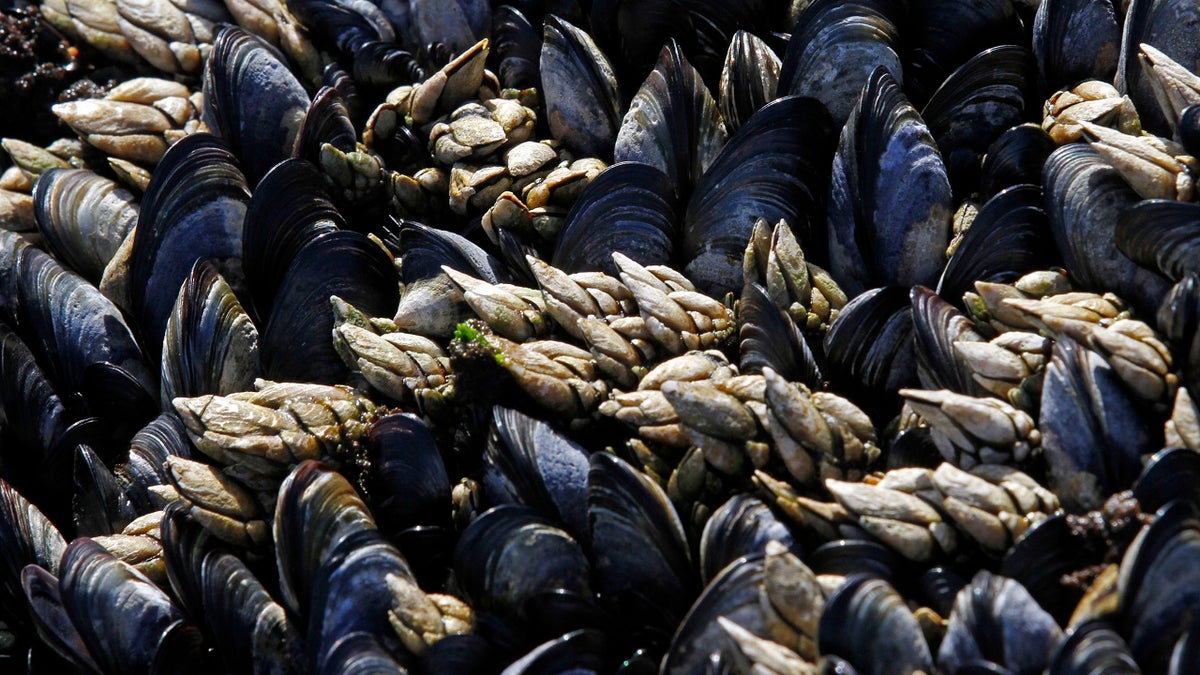
Researchers in Washington discovered trace amounts of opioids in mussels off Seattle's coast. (Reuters)
Researchers at the Washington Department of Fish and Wildlife have discovered trace amounts of opioids in mussels in several locations off the Seattle coast – a telling sign of the severity of the opioid problem that has plagued communities across the country.
Scientists took mussels from an aquaculture source that were drug free, and placed them in 18 residential areas around Puget Sound for several months, before teaming up with Puget Sound Institute to re-test the marine life to see if any had been contaminated with opioids, CBS News reported.
Small amounts of drugs are deposited in human waste after they’re ingested, which wastewater management systems struggle to completely remove, resulting in trace amounts of narcotics being dumped into oceans, according to the outlet.
The mussels, which are “filter feeders,” absorbed small amounts of oxycodone in three of the 18 locations, CBS reported.
"What we eat and what we excrete goes into the Puget Sound," Jennifer Lanksbury, a biologist at the Washington Department of Fish and Wildlife, told KIRO-TV. "It's telling me there's a lot of people taking oxycodone in the Puget Sound area."
"What we eat and what we excrete goes into the Puget Sound. It's telling me there's a lot of people taking oxycodone in the Puget Sound area."
The shellfish tested were not near any commercial fishing beds, and the amount of opioids discovered in the mussels “were thousands of times smaller than a typical human dose,” the Puget Sound Institute said, according to the outlet.
However, the results indicate the opioid crisis has now reached a point where enough Americans are taking the drug to impact marine life, the outlet reported.
